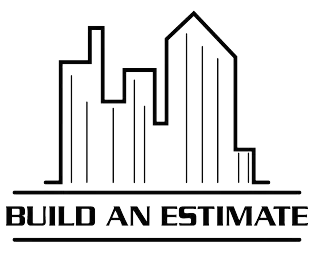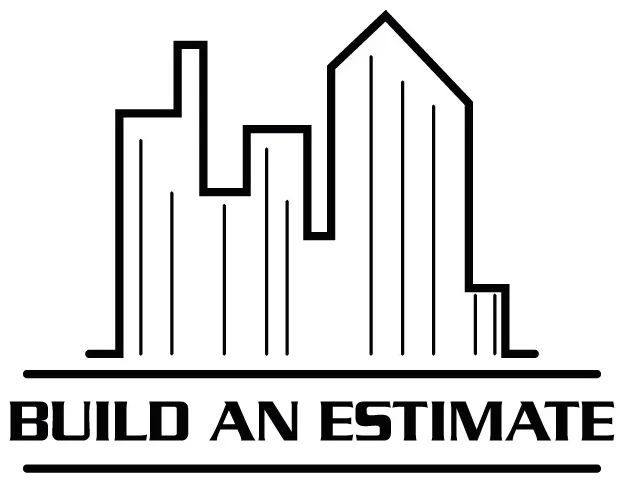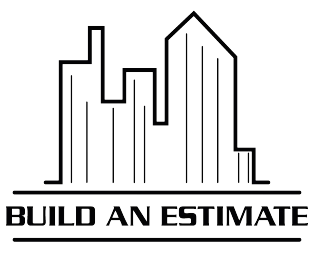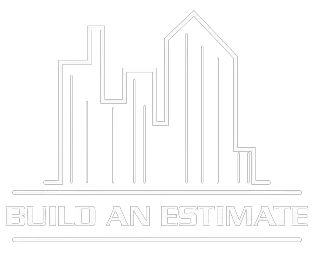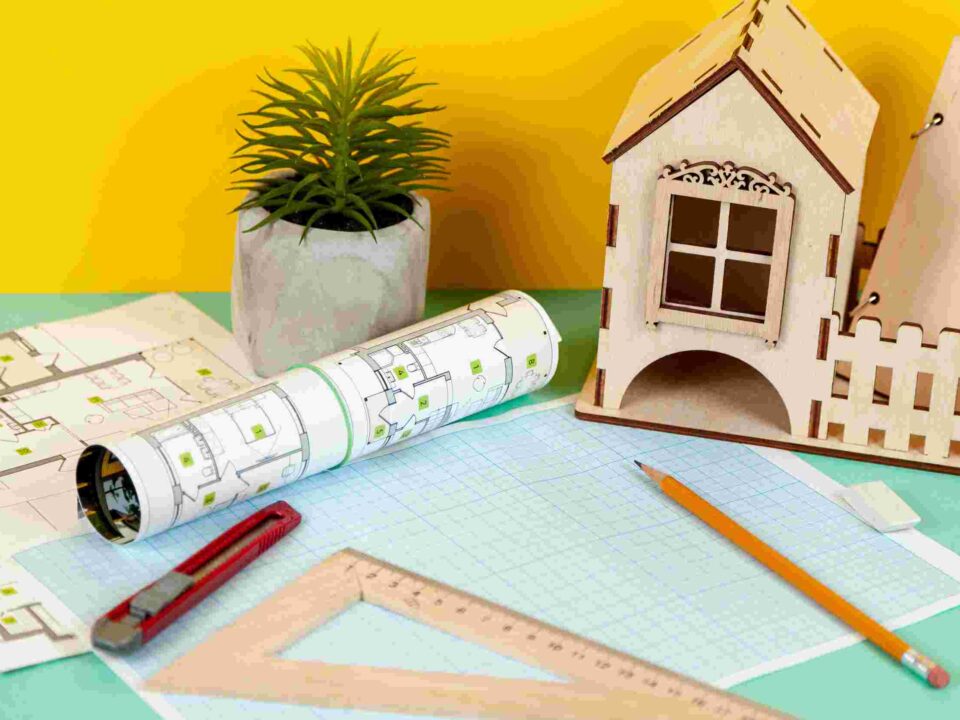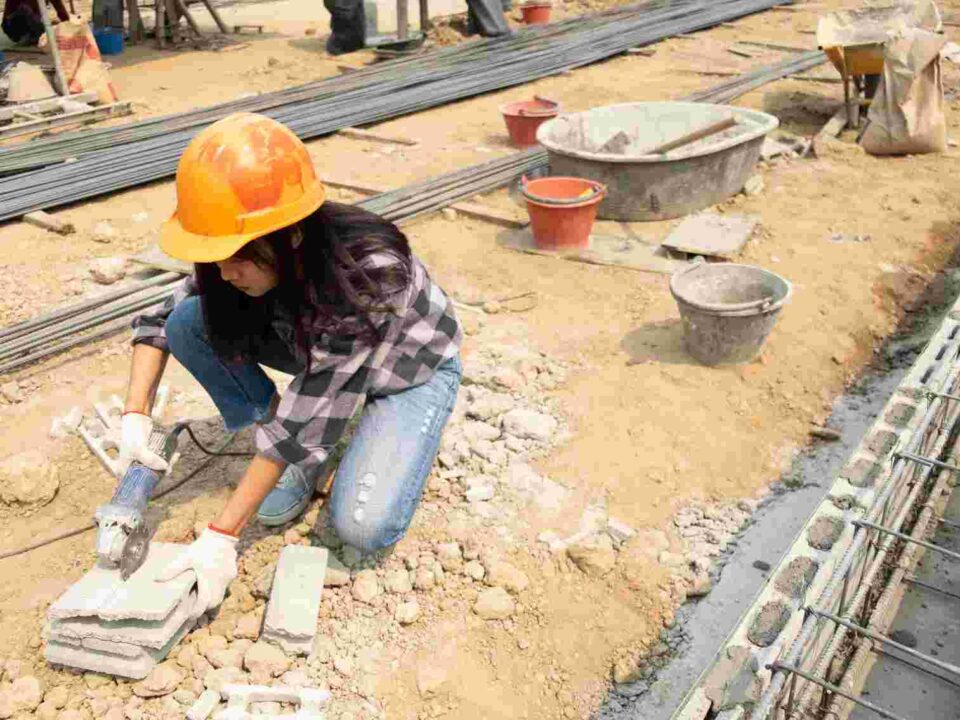- HOME
- SERVICES
- OUR TRADES
- SAMPLES
- ABOUT US
- CONTACT
- Home
- Services
- Our Trades
- Samples
- Pricing
- Blog
- About Us
- Contact
- HOME
- SERVICES
- OUR TRADES
- SAMPLES
- ABOUT US
- CONTACT
- Home
- Services
- Our Trades
- Samples
- Pricing
- Blog
- About Us
- Contact

Why construction estimating services in New York City are vital
August 16, 2023
Comprehensive Guide to Best Sitework Estimating Services
August 26, 2023The Role of Artificial Intelligence in Streamlining Construction Estimations for Optimal Business Performance
Table of Content:
- Benefits of using AI in construction estimations
- Challenges Faced in Traditional Construction Estimations
- How AI Improves Accuracy and Efficiency in Estimations
- The Role of Machine Learning in Construction Estimations
- AI-powered tools and software for construction estimations
- Integrating AI in Construction Estimation Process
- Case studies of successful implementation of AI in construction estimations
- Future trends and advancements in AI for construction estimations
- Conclusion: The Impact of AI in construction estimations and its potential for business growth
- FAQ
AI is revolutionizing the way construction estimations are performed, leading to optimal business performance. By harnessing the power of AI, construction companies can streamline the estimation process, reducing errors, improving accuracy, and saving valuable time and resources
Build An Estimate
In an ever-evolving digital landscape, the role of Artificial Intelligence (AI) has become increasingly prominent across various industries. Construction is no exception. AI has the potential to revolutionize the way construction estimations are performed, leading to optimal business performance. By harnessing the power of AI, construction companies can streamline the estimation process, reducing errors, improving accuracy, and saving valuable time and resources.
With AI-powered algorithms and machine learning capabilities, construction estimators can analyze vast amounts of data, historical project information, and industry trends to generate more precise estimates. This helps in budget planning and enables companies to make informed decisions, mitigate risks, and improve project outcomes.
By automating and optimizing the estimation process, AI technology eliminates tedious manual calculations, allowing estimators to focus on more strategic tasks. It also facilitates collaboration among project teams, enabling real-time updates and ensuring seamless communication.
In conclusion, implementing AI in construction estimations offers enormous potential for streamlining operations, improving efficiency, and ultimately driving optimal business performance. As the industry moves towards a digital future, embracing AI can give construction companies a competitive edge and help them thrive in a rapidly changing environment.
Benefits of using AI in construction estimations
The traditional approach to construction estimations is often time-consuming and prone to errors. Estimators use their experience and expertise to manually calculate costs and factors such as labor, materials, and equipment. This manual process leaves room for human error and can lead to inaccurate estimations, resulting in budget overruns and delays.
One of the key benefits of using AI in construction estimations is the ability to analyze vast amounts of data and historical project information. AI-powered algorithms can process data from previous projects, industry trends, and market conditions to generate more precise estimates. By leveraging machine learning capabilities, AI can continuously learn and improve its accuracy, making estimations more reliable.
Another advantage of AI in construction estimations is the ability to automate and optimize the estimation process. AI-powered tools and software can streamline calculations, eliminating the need for manual inputs and reducing the risk of errors. This automation saves time and allows estimators to focus on more strategic tasks, such as analyzing project requirements and identifying potential risks.
Furthermore, AI facilitates collaboration among project teams. With real-time updates and seamless communication, stakeholders can access the most up-to-date estimations, reducing miscommunication and improving project coordination. This enhanced collaboration leads to better decision-making and ultimately improves project outcomes.
Challenges Faced in Traditional Construction Estimations
While traditional construction estimations have been the norm for many years, they are not without their challenges. The manual nature of the process makes it susceptible to errors and inconsistencies. Estimators rely heavily on their experience and judgment, which can vary from person to person. This subjectivity can lead to discrepancies in estimations and result in significant cost variations.
Another challenge in traditional estimations is the lack of real-time data analysis. Estimators often rely on historical project information and their own experience to generate estimates. This approach may not consider current market conditions, material prices, or labor availability, leading to inaccurate estimations.
The manual calculation process is also time-consuming and can slow down project timelines. Estimators must manually input data, perform calculations, and cross-reference information from various sources. This tedious process increases the chances of errors and hampers productivity and efficiency.
How AI Improves Accuracy and Efficiency in Estimations
AI technology offers several ways to improve accuracy and efficiency in construction estimations. By leveraging machine learning algorithms, AI can analyze vast amounts of data, identify patterns, and make predictions based on historical project information and industry trends. This data-driven approach reduces the reliance on human judgment and provides more accurate estimations.
AI-powered tools and software can automate calculations, eliminating the need for manual inputs and reducing the risk of errors. These tools can perform complex calculations in a fraction of the time it would take a human estimator, improving efficiency and productivity. Estimators can focus on analyzing project requirements and identifying potential risks rather than spending time on repetitive calculations.
Furthermore, AI in construction estimations can continuously learn and improve its accuracy. By analyzing the outcomes of past projects and comparing them to estimates, AI algorithms can fine-tune their calculations and make more accurate predictions. This iterative learning process ensures that assessments become more reliable and precise with each project.
The Role of Machine Learning in Construction Estimations
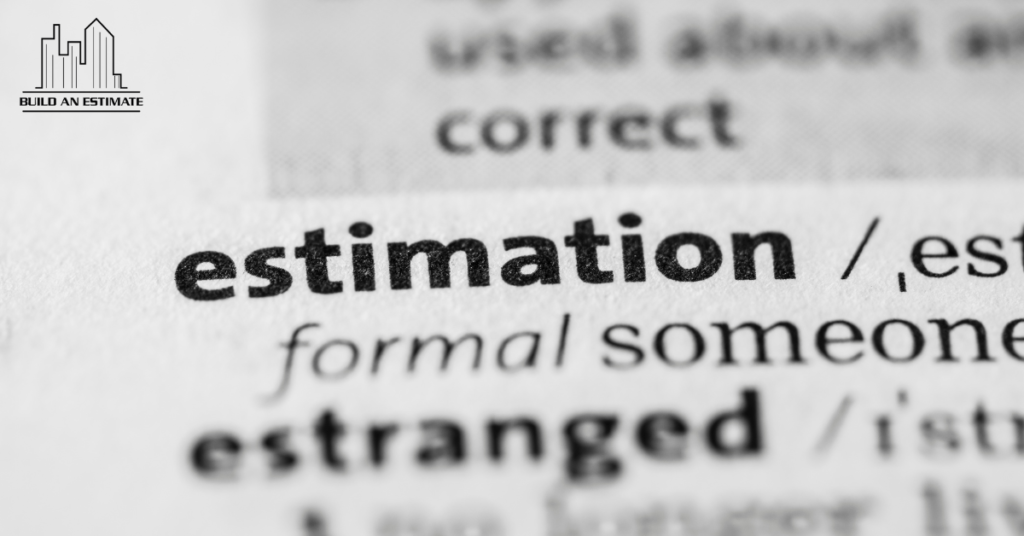
Machine learning plays a crucial role in improving the accuracy and reliability of construction estimations. Machine learning algorithms can analyze vast amounts of data and identify patterns that may not be apparent to human estimators. Machine learning models can make predictions and generate estimations based on project scope, materials, labor requirements, and market conditions by learning from historical project information.
One of the key benefits of machine learning in construction estimations is its ability to adapt and improve over time. As more data becomes available and new projects are completed, machine learning algorithms can continuously update their models and enhance their accuracy. This iterative learning process ensures that estimations become more reliable and precise with each project.
Additionally, machine learning can help identify and mitigate risks in construction estimations. By analyzing historical data and identifying patterns, machine learning models can predict potential hazards, such as cost overruns or delays, and recommend minimizing these risks. This proactive approach allows project teams to make informed decisions and take preventive measures, improving project outcomes.
AI-powered tools and software for construction estimations
Many AI-powered tools and software are available to streamline construction estimations. These tools leverage AI algorithms and machine learning capabilities to automate calculations, analyze data, and generate accurate estimates. Let’s look at some popular AI-powered tools used in the construction industry.
Estimating software: Estimating software, such as ProEst and PlanSwift, utilize AI algorithms to automate calculations and generate accurate estimations. These tools can analyze project requirements, historical data, and industry trends to provide detailed cost breakdowns and material quantities. Estimating software also enables collaboration among project teams, allowing real-time updates and seamless communication.
Data analytics platforms: Data analytics platforms like Tableau and Power BI can analyze vast amounts of data and generate insights for construction estimations. These platforms leverage AI algorithms to identify patterns, trends, and correlations in project data, enabling estimators to make data-driven decisions. Data analytics platforms also provide interactive dashboards and visualizations, making understanding and communicating complex project information easier.
Virtual reality (VR) and augmented reality (AR): VR and AR technologies are increasingly used in construction estimations. These technologies allow estimators to visualize projects in a virtual environment, making it easier to assess project requirements and identify potential challenges. By leveraging AI algorithms, VR and AR tools can generate realistic simulations and provide accurate estimations for materials, labor, and equipment.
Digital assistants: Digital assistants like Siri and Alexa are also used in construction estimations. These AI-powered assistants can answer questions, provide real-time data updates, and assist estimators in performing calculations. Digital assistants can save time and improve efficiency by automating repetitive tasks and providing quick access to information. So you must integrate AI in construction estimation.
Integrating AI in Construction Estimation Process
Integrating AI in construction estimation process requires careful planning and implementation. Here are some steps to consider when integrating AI in construction estimations:
Identify areas for improvement: Assess your current estimation process and identify areas where AI in construction estimation can add value. This could include automating calculations, analyzing historical project data, or improving collaboration among project teams.
Evaluate AI-powered tools: Research and evaluate AI-powered tools and software that align with your estimation needs. Consider factors such as functionality, ease of use, and compatibility with your existing systems.
Data collection and preparation: Collect and organize relevant data, such as historical project information, industry trends, and market conditions. Clean and preprocess the data to ensure accuracy and consistency.
Train AI models: Use machine learning algorithms to train AI models on the collected data. This process involves feeding the data into the models, allowing them to learn and make predictions based on patterns and trends.
Testing and validation: Test the AI models using real-world data and compare the estimations with actual project outcomes. Validate the accuracy and reliability of the AI models and make adjustments as necessary.
Implementation and adoption: Introduce the AI-powered tools and software to your estimation process. Provide training and support to estimators to ensure smooth adoption and maximize the benefits of AI technology.
Continuous improvement: Monitor and evaluate the performance of AI technology in construction estimations. Collect feedback from estimators and project teams to identify areas for improvement and refine the AI models accordingly.
By following these steps, construction companies can integrate AI in construction estimation process, improving accuracy, efficiency, and overall business performance.
Case studies of successful implementation of AI in construction estimations
Several construction companies have successfully implemented AI technology in their estimation process, significantly improving accuracy and efficiency. Let’s take a look at some case studies:
- AECOM: A large construction firm implemented an AI-powered estimating software that analyzed historical project data, market conditions, and industry trends. The software accurately estimated material quantities, labor requirements, and project costs. As a result, AECOM reduced estimation errors by 30% and improved project outcomes by making data-driven decisions.
- DPR Construction: DPR Construction, a mid-sized construction company, integrated machine learning algorithms into its estimation process. The algorithms analyzed project data and identified patterns to predict potential risks and cost overruns. By proactively addressing these risks, DPR Construction could complete projects within budget and on time, resulting in increased client satisfaction and repeat business.
- Build An Estimate: Build An Estimate, a specialty contractor, implemented VR technology into their estimation process. The VR tool allowed estimators to visualize project requirements and identify potential challenges like space constraints or equipment limitations. By accurately assessing these challenges, Build An Estimate was able to provide more accurate estimations and avoid costly delays during project execution.
These case studies highlight the potential of AI in construction estimations and its positive impact on overall business performance. By embracing AI technology, construction companies can improve accuracy, efficiency, and decision-making, ultimately driving optimal business performance.
Future trends and advancements in AI for construction estimations
As AI technology continues to evolve, there are several future trends and promotions to look out for in the field of construction estimations:
- Predictive analytics: AI-powered predictive analytics tools will become more sophisticated, allowing estimators to forecast project outcomes and identify potential risks accurately. This will enable construction companies to make proactive decisions and take preventive measures to mitigate risks.
- Real-time data analysis: AI algorithms can analyze real-time data from various sources, such as sensors and IoT devices, to provide up-to-date estimations. This will enable estimators to access information and make informed decisions in a rapidly changing environment.
- Collaborative AI: AI technology will facilitate collaboration among project teams by enabling real-time updates and seamless communication. AI-powered tools will allow multiple stakeholders to access and contribute to estimations, improving transparency and coordination.
- Integration with BIM: Building Information Modeling (BIM) technology, combined with AI algorithms, will enable estimators to generate more accurate estimations based on 3D models and project data. This integration will streamline the estimation process and improve the accuracy of material quantities and cost breakdowns.
- Natural language processing: AI-powered tools will be able to understand and process natural language, allowing estimators to interact with the software using voice commands or written text. This will enhance usability and efficiency, enabling estimators to perform calculations and generate estimations more intuitively.
These future trends and advancements in AI in construction estimations hold great potential for further streamlining operations, improving efficiency, and driving optimal business performance in the construction industry.
Conclusion: The Impact of AI in construction estimations and its potential for business growth
Implementing AI in construction estimations offers enormous potential for streamlining operations, improving efficiency, and ultimately driving optimal business performance. By harnessing the power of AI, construction companies can reduce errors, improve accuracy, and save valuable time and resources.
AI-powered algorithms and machine learning capabilities enable construction estimators to analyze vast amounts of data, historical project information, and industry trends to generate more precise estimates. This helps budget planning and allows companies to make informed decisions, mitigate risks, and improve project outcomes.
Furthermore, AI technology eliminates tedious manual calculations, allowing estimators to focus on more strategic tasks. It also facilitates collaboration among project teams, enabling real-time updates and ensuring seamless communication.
As the construction industry moves towards a digital future, embracing AI can give construction companies a competitive edge and help them thrive in a rapidly changing environment. By integrating AI-powered tools and software into the estimation process, construction companies can improve accuracy, efficiency, and decision-making, ultimately driving optimal business performance and growth.
FAQ
Q: What are the benefits of using AI in construction estimations?
A: AI can improve the accuracy, efficiency, and transparency of construction estimations. By analyzing vast amounts of data and historical project information, AI can generate more accurate estimates, reduce the risk of errors, and save time and resources. AI can also help identify and mitigate risks, improve collaboration, and make construction projects more sustainable.
Q: What are the challenges faced in traditional construction estimations?
A: Traditional construction estimations are often time-consuming, prone to errors, and lack transparency. Estimators rely on their experience and judgment, which can vary from person to person. This subjectivity can lead to discrepancies in estimations and result in significant cost variations. Additionally, the manual nature of the process makes it susceptible to errors and inconsistencies.
Q: How does AI improve accuracy and efficiency in estimations?
A: AI can improve accuracy and efficiency in estimations by analyzing vast amounts of data and historical project information, automating calculations, and identifying and mitigating risks. By leveraging machine learning algorithms, AI can identify patterns and trends that may not be apparent to human estimators. This data-driven approach reduces the reliance on human judgment and provides more accurate estimations.
Q: What is the role of machine learning in construction estimations?
A: Machine learning plays a crucial role in improving the accuracy and reliability of construction estimations. Machine learning algorithms can analyze vast amounts of data and identify patterns that may not be apparent to human estimators. Machine learning models can make predictions and generate estimations based on project scope, materials, labor requirements, and market conditions by learning from historical project information.
Q: What are some AI-powered tools and software for construction estimations?
A: There are many AI-powered tools and software available to streamline construction estimations. Some popular examples include estimating software, data analytics platforms, virtual reality (VR) and augmented reality (AR), and digital assistants.
Q: How can AI be integrated in the construction estimation process?
A: Integrating AI in the construction estimation process requires careful planning and implementation. Here are some steps to consider when integrating AI in construction estimations:
- Identify areas for improvement: Assess your current estimation process and identify areas where AI in construction estimation can add value. This could include automating calculations, analyzing historical project data, or improving collaboration among project teams.
- Evaluate AI-powered tools: Research and evaluate AI-powered tools and software that align with your estimation needs. Consider factors such as functionality, ease of use, and cost.
- Develop a training plan: If you are using AI-powered tools that require training, develop a plan to train your team on how to use them effectively.
- Monitor and evaluate results: Once you have integrated AI in your construction estimation process, monitor the results and make adjustments as needed.
Q: What are the future trends and advancements in AI for construction estimations?
A: As AI technology continues to develop, we can expect to see even more innovative ways to use AI to improve the accuracy, efficiency, and transparency of construction estimations. Some of the future trends in AI for construction estimations include:
- The use of deep learning algorithms to analyze more complex data sets and make more accurate predictions.
- The development of AI-powered tools that can automate more of the estimation process, freeing up human estimators to focus on more strategic tasks.
- The use of AI to improve collaboration among project teams and make construction projects more efficient.
- The use of AI to make construction projects more sustainable by optimizing material usage and reducing waste.
Q: What is the impact of AI in construction estimations and its potential for business growth?
A: AI has the potential to revolutionize the way construction estimations are performed, leading to optimal business performance. By harnessing the power of AI, construction companies can streamline the estimation process, reducing errors, improving accuracy, and saving valuable time and resources. This can lead to improved project outcomes, increased profitability, and a competitive advantage in the market.
